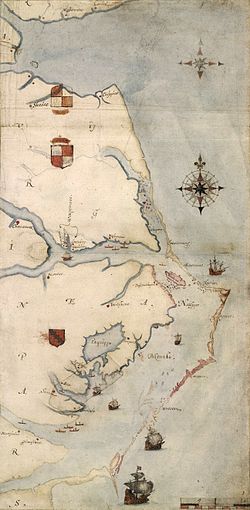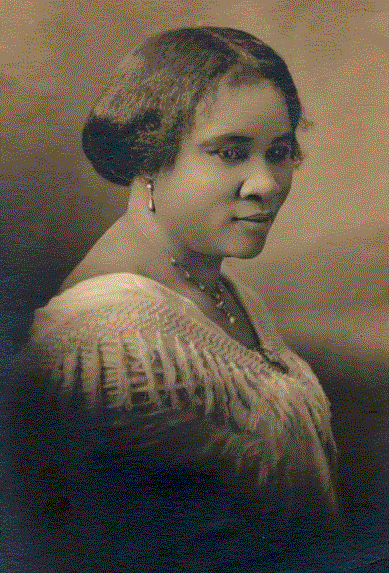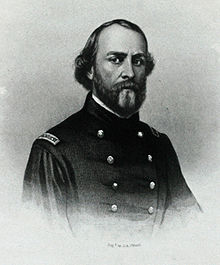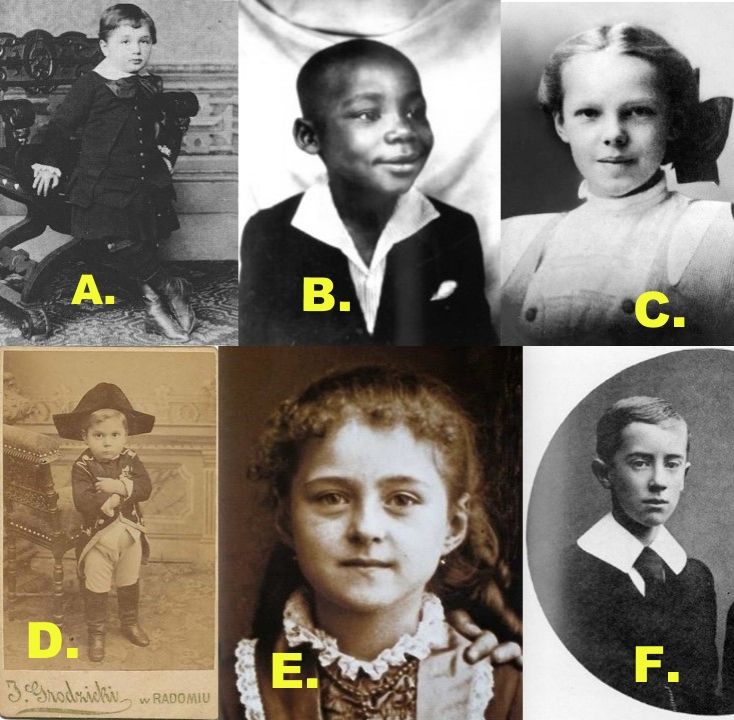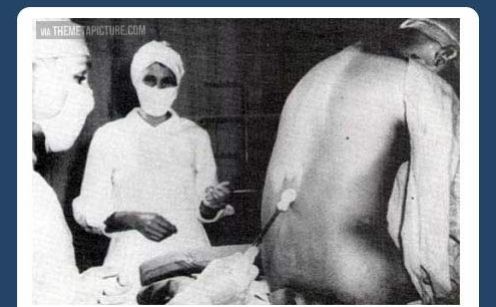Okay, I'm totally re-posting this, but this is one of my all-time favorite historical Christmas stories. Definitely worth a re-telling. Enjoy. :D
Did you know...?
What our founding fathers were doing Christmas Day, 1776?
On the night of December 25-26, George Washington decided it was high time this American Revolution was won. He took all his troops and ferried them across the Delaware River. This was a very dangerous maneuver. Logistically it was difficult and time-consuming, made more complicated by the below-freezing temperatures of both the air and the water, and the jagged ice chunks floating down a swift, swollen river.
What they hoped would only take a couple of hours took more than four, and things didn't go according to plan. At all.
Why were they doing this, you ask? Well, as I said, our primo presidente thought it was high time the war was won. His men were starving and wanted to return to their homes and families. It was Christmas, and they were stuck in a freezing, starving, mud-caked war camp.
Meanwhile, across the river in Trenton, New Jersey, a camp of Hessians (German mercenaries hired by England) were holding the American insurrection at bay. Washington guessed that the Hessians would have spent Christmas day eating, drinking, and celebrating. He figured if he could take them unawares, while they were still sleeping off their mead-hangovers, he could take Trenton.
He meant to ferry his men over quickly and stealthily march into the Hessian camp under cover of darkness. Well, as stated above, things didn't go so well. By the time Washington's army reached the Hessian camp, the sun was rising.
But Washington had guessed right about the state of the mercenaries. They had partied and drank all night, and most were still a-snooze when the American troops stormed their camp.
Despite everything that went wrong, the revolutionaries took the Hessian camp without a single American casualty. It was a Christmas miracle. Only days later, on January 2nd and 3rd, they defeated British reinforcements under General Cornwallis. It was a turning point in the American Revolutionary War.
This Christmas season, let's be sure to give thanks for those who came before us, spending Christmas without their families so we could spend ours with our families in a free land.
Let's give thanks for our loved ones, especially our children who are safe in our homes and in our arms at a time when twenty families in Connecticut can't say the same thing.
Let's remember the significance of Christmases 2000 years past, look forward to a New Year (of writing and publishing perhaps?) and live in the moment. Because the moments we have this Christmas will never come again.
And remember, knowledge of our past is our inheritance. What we do with that knowledge will shape our destinies...
Do you have a favorite historical Christmas story you like to tell every year?
| Source |
What our founding fathers were doing Christmas Day, 1776?
On the night of December 25-26, George Washington decided it was high time this American Revolution was won. He took all his troops and ferried them across the Delaware River. This was a very dangerous maneuver. Logistically it was difficult and time-consuming, made more complicated by the below-freezing temperatures of both the air and the water, and the jagged ice chunks floating down a swift, swollen river.
What they hoped would only take a couple of hours took more than four, and things didn't go according to plan. At all.
Why were they doing this, you ask? Well, as I said, our primo presidente thought it was high time the war was won. His men were starving and wanted to return to their homes and families. It was Christmas, and they were stuck in a freezing, starving, mud-caked war camp.
Meanwhile, across the river in Trenton, New Jersey, a camp of Hessians (German mercenaries hired by England) were holding the American insurrection at bay. Washington guessed that the Hessians would have spent Christmas day eating, drinking, and celebrating. He figured if he could take them unawares, while they were still sleeping off their mead-hangovers, he could take Trenton.
He meant to ferry his men over quickly and stealthily march into the Hessian camp under cover of darkness. Well, as stated above, things didn't go so well. By the time Washington's army reached the Hessian camp, the sun was rising.
But Washington had guessed right about the state of the mercenaries. They had partied and drank all night, and most were still a-snooze when the American troops stormed their camp.
Despite everything that went wrong, the revolutionaries took the Hessian camp without a single American casualty. It was a Christmas miracle. Only days later, on January 2nd and 3rd, they defeated British reinforcements under General Cornwallis. It was a turning point in the American Revolutionary War.
| dcgiftshop.com |
Let's give thanks for our loved ones, especially our children who are safe in our homes and in our arms at a time when twenty families in Connecticut can't say the same thing.
Let's remember the significance of Christmases 2000 years past, look forward to a New Year (of writing and publishing perhaps?) and live in the moment. Because the moments we have this Christmas will never come again.
And remember, knowledge of our past is our inheritance. What we do with that knowledge will shape our destinies...
Do you have a favorite historical Christmas story you like to tell every year?









